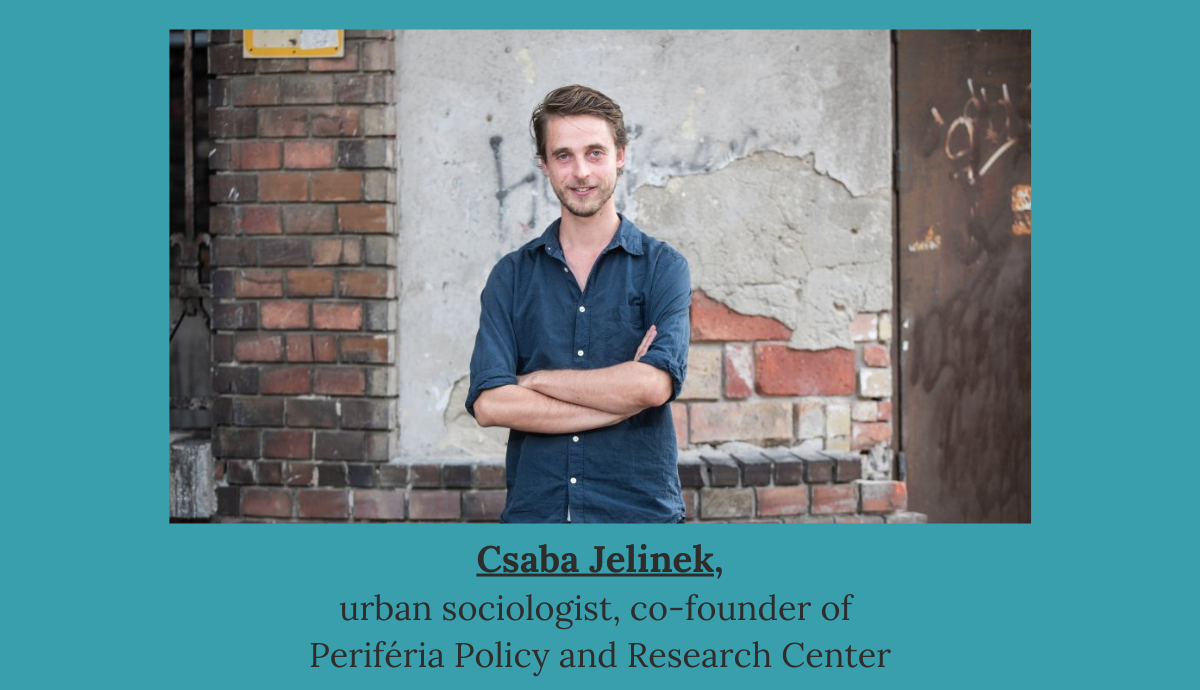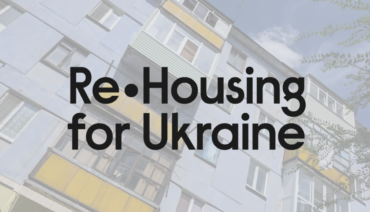Event announcement

We continue with the series of public talks about housing, and our next event will be about alternative models of rental housing cooperatives.
On the 8th of September at 13:00 (Kyiv time), we will discuss:
- What is the housing situation in Hungary?
- What could be the alternative models of rental housing cooperatives?
- How the introduction of rental housing cooperatives could be a step towards decreasing housing poverty?
- How alternative institutional ecosystem could facilitate the introduction of rental housing cooperatives model? Examples of MOBA – a network of pioneering housing cooperatives (https://moba.coop/) and ACRED – a non-profit organization that provides community-based real estate services – development and building management (https://szakiszovetseg.hu/en/).
Speaker: Csaba Jelinek, urban sociologist, co-founder of Periféria Policy and Research Center.
Moderator: Anastasia Bobrova, analyst and project manager at Cedos.
Periféria Policy and Research Center is a group of professionals which grew out of the Collective for Critical Urban Research. Their members have been working together on issues related to spatial and social inequalities since 2009 and in 2018 they founded Periféria Center. Their main themes are housing policies, financialization of housing, and urban and regional transformations.
The event will be livestreamed on Cedos Facebook page. The recording will also be available on Cedos Youtube.
We are working to find sustainable solutions for housing reconstruction in Ukraine within the framework of the analytical and discussion initiative Re.Housing for Ukraine. The event is a part of this initiative.
Organized in cooperation and with the financial support of the Black Sea Trust for Regional Cooperation and the European Union; and also within the Think Tank Development Initiative conducted by the International Renaissance Foundation with the financial support of the Embassy of Sweden in Ukraine.
Support Cedos
During the war in Ukraine, we collect and analyse data on its impact on Ukrainian society, especially housing, education, social protection, and migration









